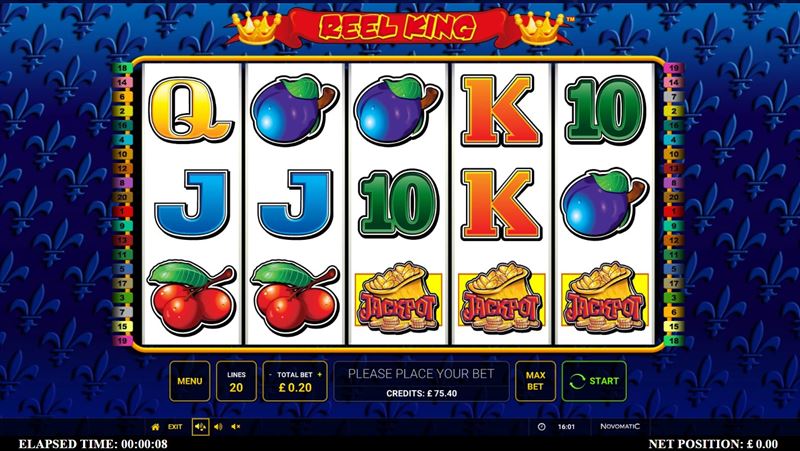
Understanding Conflict Resolution: How Casino Apps in Bangladesh Handle Disputes
In the rapidly evolving world of online gambling, conflict is an inevitable part of the user experience. In Bangladesh, where gambling is generally frowned upon, various casino apps have emerged to provide players with a platform for their favorite games. These apps must have effective mechanisms in place to handle disputes that arise between the operators and users. Here, we delve into the methods and practices that casino apps implement to ensure that conflicts are resolved fairly and efficiently, including how they maintain user trust. For a more detailed look at betting platforms, you can visit How Casino Apps in Bangladesh Handle Disputes https://bet-winner-india.com/.
Understanding the Regulatory Landscape
The first step in understanding how disputes are handled in casino apps in Bangladesh is to recognize the regulatory environment. While gambling laws in the country may be restrictive, it hasn’t stopped the proliferation of online platforms. Most casino apps operate under licenses from jurisdictions that permit online gambling. This means they need to adhere to international standards, which often include fair play and robust dispute resolution protocols.
Compliance with International Standards
Casino apps often subscribe to regulations set by international gaming authorities such as the Malta Gaming Authority or the UK Gambling Commission. These regulations outline the steps operators must take to manage disputes effectively. This includes maintaining comprehensive records of all transactions, ensuring clear communication regarding rules and conditions, and providing timely responses to users who report issues.
Dispute Resolution Processes
Most casino apps in Bangladesh adopt a clear dispute resolution process that is easily accessible to users. When players face an issue—be it a payout dispute, account access problems, or game malfunctions—they are often directed to the customer support sections of the app.
Customer Support as the First Point of Contact
Customer support is usually the first line of defence in handling disputes. Many apps offer various channels for communication, including live chat, email, and phone support. User complaints are typically logged, and support agents are trained to follow a standard protocol for handling issues. Agents guide players through the issue at hand, ensuring they feel heard and understood.

Documentation and Evidence Collection
After a complaint is filed, operators generally ask users to provide relevant information or documentation related to their issue. This can include screenshots, transaction IDs, and timestamps of relevant events. Proper documentation is crucial, as it serves as evidence that can help resolve the dispute in a fair manner.
Internal Review Mechanisms
Once a dispute is escalated beyond customer support, many casino apps have internal review mechanisms that come into play. Disputes are typically passed on to a specialized team that reviews the case. This team examines the evidence presented, references internal records, and considers both the user’s and operator’s claims before making a determination. This internal review is guided by industry-standard practices to ensure impartiality.
Timeframes for Resolution
Transparency is critical in the dispute resolution process, and this includes timeframes. Casino apps strive to resolve conflicts quickly, as prolonged disputes can damage their reputation and user trust. Users are usually informed about how long the resolution process might take. Depending on the complexity of the issue, this time can vary, but timely updates are a standard practice.
External Dispute Resolution
If players are unsatisfied with the internal resolution, many casino apps in Bangladesh have provisions for external dispute resolution. These may include arbitration or mediation services that operate independent of the casino. In some cases, users can turn to third-party organizations that oversee fair gaming practices. These external entities provide a layer of assurance that disputes are handled fairly.
Collaboration with Gaming Authorities
Some operators also work in tandem with gaming authorities for more severe disputes that involve significant sums of money or potential breaches of integrity. This cooperation helps maintain a standard of fairness and transparency in the online gambling environment.

Preventive Measures and User Engagement
While having a robust dispute resolution process is vital, preventing disputes from arising in the first place is even more crucial. Many casino apps engage in proactive measures to mitigate potential conflicts. By providing comprehensive FAQs, clear terms and conditions, and user-friendly interfaces that prevent misunderstandings, casinos can reduce the likelihood of disputes.
User Education and Awareness
Additionally, educating users about responsible gambling practices, in-app features, and payout processes can foster a more positive experience. When players understand the game mechanics and casino policies, they are less likely to encounter issues that could lead to disputes.
Building Trust and Reputation
Ultimately, how a casino app in Bangladesh handles disputes significantly affects its reputation. A fair and efficient dispute resolution process can build user trust, encourage longer-term engagement, and attract new users. In contrast, a reputation for mishandling disputes can lead to a rapid decline in user base.
Feedback and Continuous Improvement
Feedback mechanisms also play a significant role in enhancing dispute resolution processes. Operators often invite users to provide constructive criticism after a dispute has been resolved. This valuable information can lead to continuous improvements in their systems and processes, ensuring that both user satisfaction and trust are maintained over time.
Conclusion
The landscape of online gambling in Bangladesh is complex, particularly concerning dispute resolution. Casino apps must create effective frameworks for managing conflicts with players to foster a trustworthy environment. This includes maintaining compliance with regulations, ensuring transparent and efficient dispute resolution processes, and implementing preventive measures to mitigate potential issues. As the industry evolves, those apps that prioritize user satisfaction and fair conflict resolution will undoubtedly lead the way.